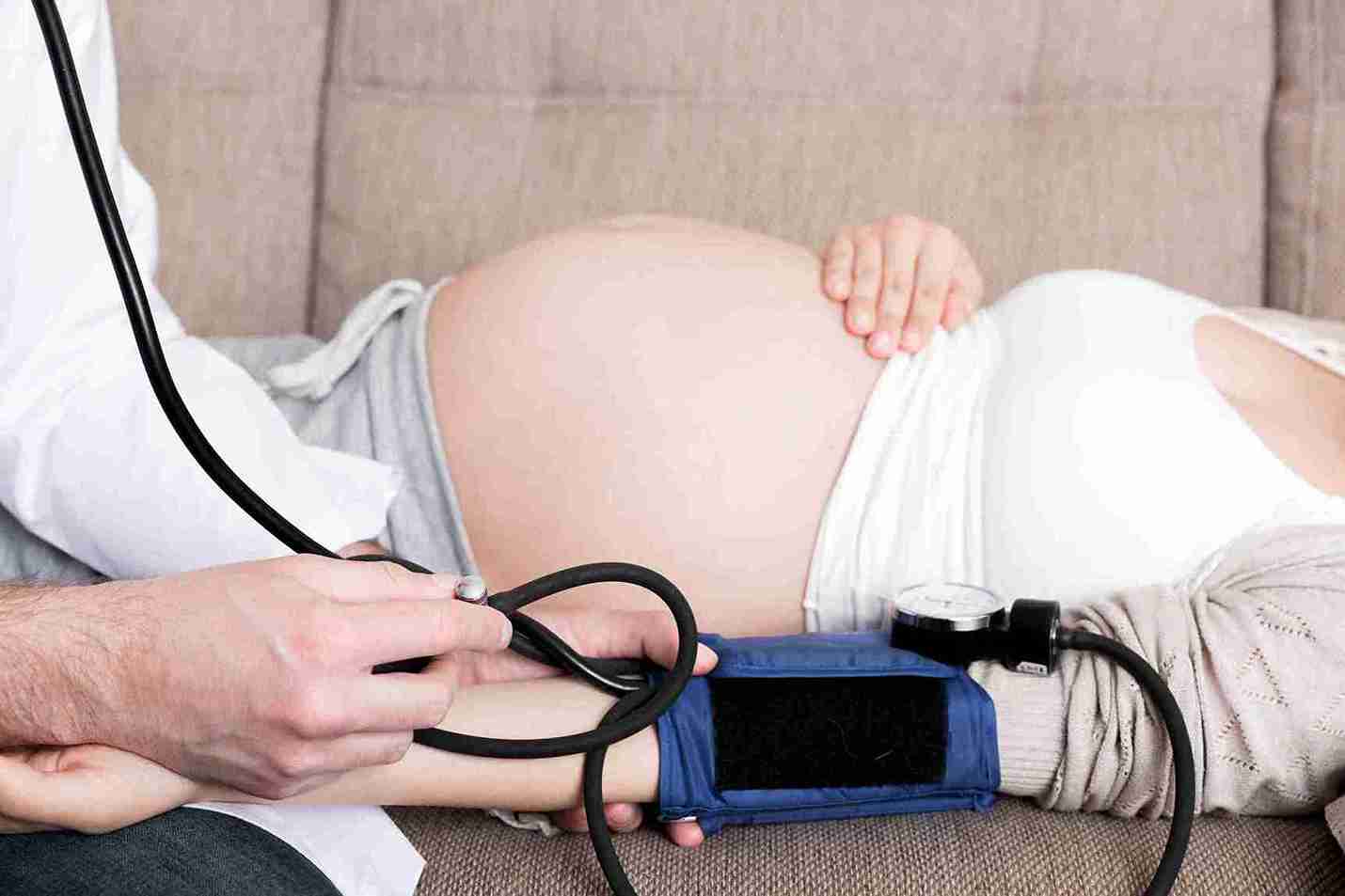
Pregnancy is a time marked by incredible physical and emotional shifts. A symptom that is likely to come as a surprise to expectant mothers is heart palpitations in pregnancy. Those feelings of fluttering, pounding, or racing heart rate can be thrilling but also terrifying when they happen for the first time or consistently on a regular basis.
Knowing the reasons for them, when to get concerned, and how to cope with them can come as a blessing of reassurance during this special time.

Heart palpitations refer to an increased awareness of your heartbeat. Other women have described the sensation as their heart missing a beat, fluttering, or racing. Although these incidents are usually harmless, they can also sometimes indicate underlying issues.
Normally, an adult’s heart rate would be between 60 and 100 beats per minute. Pregnancy, however, increases this rate naturally due to changes in blood volume and hormonal function. Awareness of what constitutes normal versus abnormal heart palpitations during pregnancy is crucial for good care and reassurance.
Having palpitations during pregnancy is quite normal. The body makes immense cardiovascular adjustments to accommodate the fetus's growth, including:
Understanding the underlying cause can help in differentiating between normal and concerning symptoms. Causes include:
It is not uncommon to experience heart palpitations in early pregnancy, including in the first trimester. Early symptoms can be due to the initial hormonal surge, higher metabolic rate, and emotional changes. Although these palpitations may be benign, they can be felt because of the body's increased sensitivity.
During heart palpitations in early pregnancy, it’s important to monitor for additional symptoms like dizziness, shortness of breath, or chest pain, as these could indicate the need for medical evaluation.

While palpitations are generally harmless, there are circumstances in which they point towards urgent intervention. It's critical to wonder: heart palpitations in pregnancy, when to worry?
Obtain medical attention if palpitations are accompanied by:
So, what is a dangerous heart rate for a pregnant woman? A sustained resting heart rate above 120 beats per minute, especially with other symptoms, can be a cause for concern and should be evaluated by a healthcare provider.
If you’re experiencing frequent or severe palpitations, your doctor may recommend diagnostic tests such as:
Early diagnosis is key to maternal and fetal health, especially if symptoms persist.
Treating heart palpitations in pregnancy usually starts with lifestyle modifications:
In very severe cases, medications such as beta-blockers may be given, but only by an OB/GYN or cardiologist. Be sure to discuss the risks and benefits of any medication during pregnancy.
Although it's not possible to prevent every palpitation, taking these measures can reduce your risk:

We at Cloudnine believe that each pregnancy is different. Our expert obstetricians, cardiologists, and maternal health specialists work in tandem to provide the safest possible outcomes for mother and baby. Coupled with state-of-the-art diagnostic equipment, 24/7 monitoring, and empathetic care, Cloudnine provides end-to-end care to women with heart palpitations during pregnancy. Whether it's a normal checkup or a complicated cardiac assessment, rest assured, we're here to ensure your experience is smooth and stress-free.
While pregnancy heart palpitations may be concerning, they're usually a normal reaction to the altered hormone levels and physiology of pregnancy. Nevertheless, knowing when to worry about heart palpitations is imperative. Don't take ongoing or drastic symptoms for granted, and always check with your healthcare provider when in doubt.
Early detection and effective management can enable you to have a healthier, carefree pregnancy.

Treatment usually includes lifestyle modification such as hydration, decreased caffeine, stress control, and in some instances, medication from your physician.

Try deep breathing, sleeping on your left side, and skipping heavy meals or caffeine near bedtime.

Yes, dehydration is an underlying cause, and water will restore normal rhythm.

Yes, bloating or acid reflux sometimes can imitate or induce palpitations.